That’s a touchy statement, isn’t it? Before you light me on fire for typing it, give me the chance to explain. There are two aspects to being ready to publish your book: preparing your book and preparing yourself.
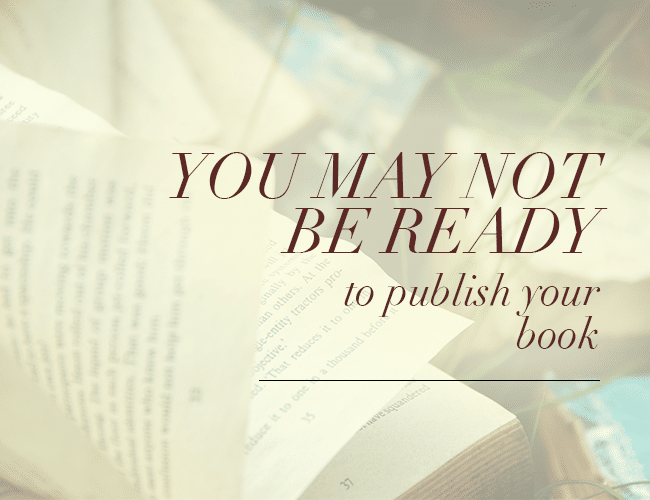
At The Write Practice, we publish a new article each day designed to help writers tackle one part of their writing journey, from generating ideas to grammar to writing and publishing your first book. Each article has a short practice exercise at the end to help you immediately put your learning to use.
Check out the latest articles below or find ones that match your interest in the sidebar.
And make sure to subscribe to get a weekly digest of our latest posts, along with our free guide, 10 Steps to Become a Writer.

That’s a touchy statement, isn’t it? Before you light me on fire for typing it, give me the chance to explain. There are two aspects to being ready to publish your book: preparing your book and preparing yourself.
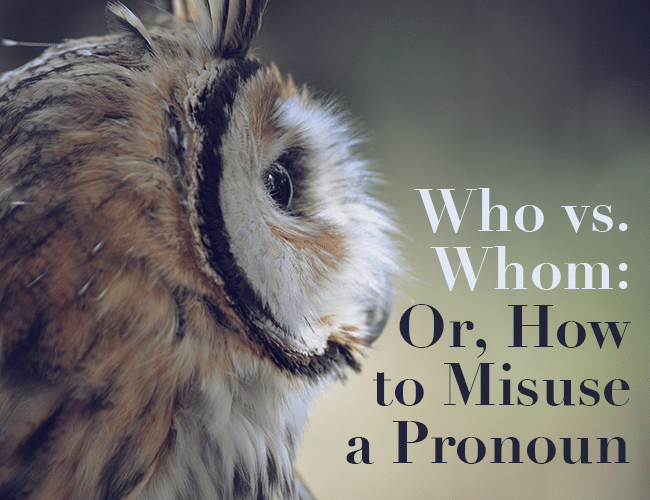
We avoided it as long as we could, but it was bound to come up sooner or later. Today, we’re covering the apparent mother of all grammatical quandaries: who vs. whom. What’s the difference between these two tricky pronouns?

Have you heard of Girl With a Pearl Earring?
It’s a painting by a 17th Century Dutch painter named Johannes Vermeer. Author Tracy Chevalier first saw it when she was 19 and couldn’t stop thinking about it. Who was the girl in the painting? How did she get there?
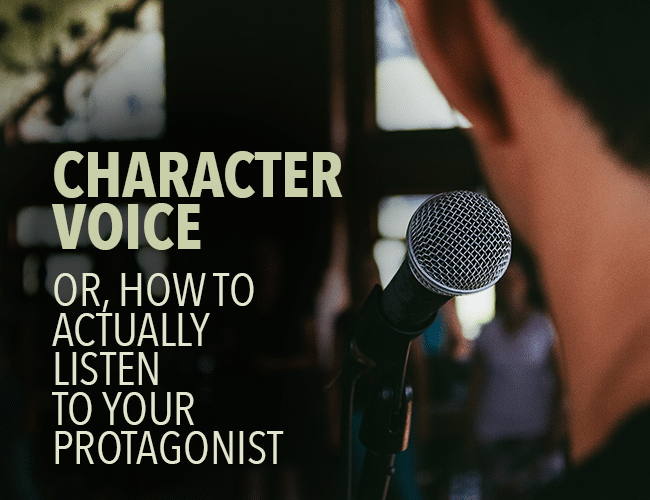
Anyone who has dipped their toes into the world of writing novels knows how crucial character development is to telling strong stories. Plot, setting, and dialogue are necessary building blocks of fiction, but your characters are the foundation that your story is resting on—without dynamic characters, no amount of plot twists, fantastical settings, or authentic dialogue will magically transform into a novel that people want to read.
If the success of your novel is in fact riding on the strength of your characters, you need to know who they are, inside and out. More importantly, you need a character with a strong voice, one that can reveal the emotional depths of your story to the reader.

A title is one of the most important tools you have to capture your readers. Your title will either grab your readers attention or be another sentence they glance over. It is the deciding factor of whether or not they read your work of art.
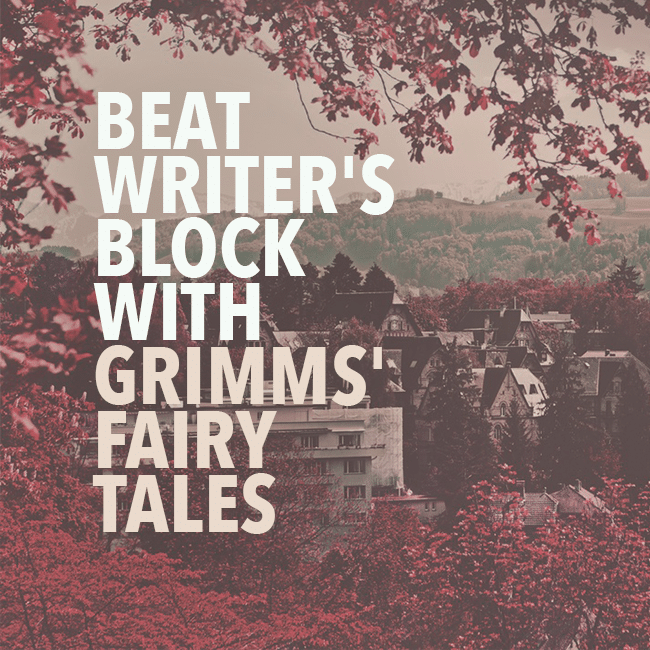
I know what a friend looks like. Friends are there to support you when you need them. If you call in desperation, they come over. If you need a laugh, they crack a joke. If you’re down, they give a helping hand.
I’ve concluded that the Muses are not my friends.
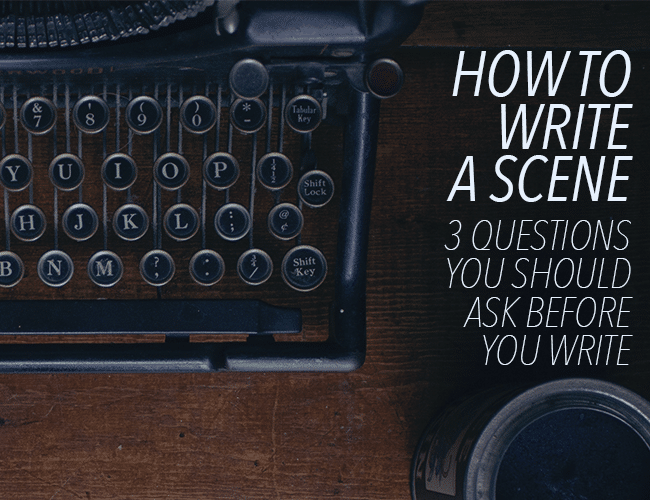
Sometimes I get stuck wondering how to write a scene during a first draft. Or maybe I can’t figure out how to revise a story to make it better. Sometimes I wonder if I am ever going to make any progress in my fiction and life. (Please tell me I’m not alone!)
I’ve been revising this summer, and it’s taking longer than I’d like. I keep returning to the basics of good storytelling to evaluate my scenes, and yesterday, it occurred to me that there are three questions I can ask to clarify almost any scene. Coincidentally, they are the same three questions I usually ask myself to tackle almost any life problem.
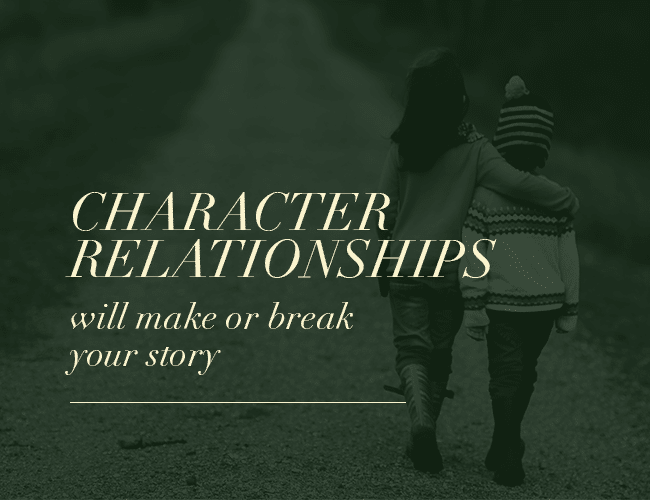
I want you to think back to your favorite book or television show. There may be many things that stood out to you about that story—the plot, the scenery, the outfits, the scope, or something else. There’s one aspect, however, that underpins all those things. One detail which, if missing, leaves your readers unable to really invest themselves in your story: relationships between characters.
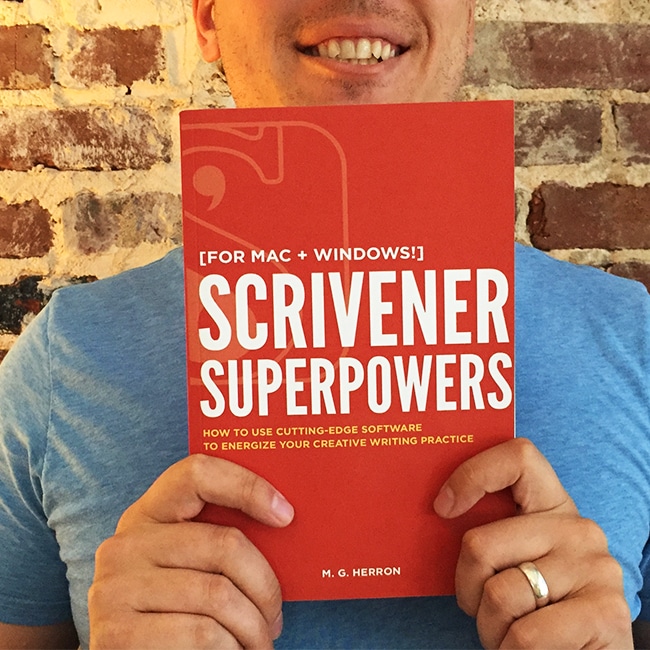
I’m very excited to announce the launch of our newest book, Scrivener Superpowers, by M. G. Herron!
Scrivener Superpowers will not only change your approach to Scrivener, it will change your writing life. Learn more about the book here.
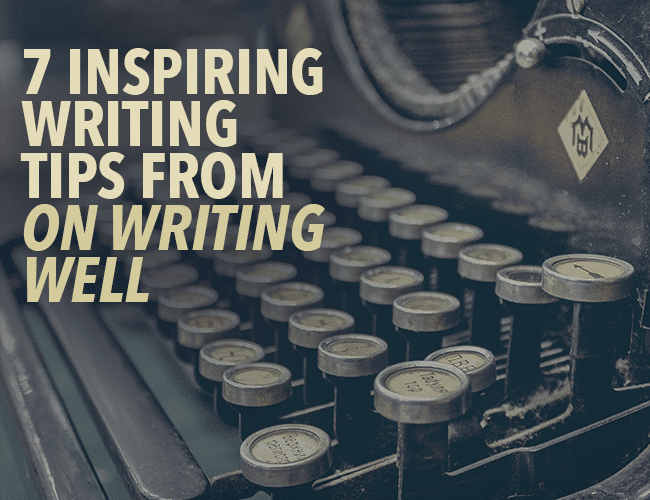
I’ve had the book On Writing Well: The Classic Guide to Writing Nonfiction by William Zinsser on my shelf since my pre-law school journalism days. That is, I’ve had it on my shelf for a while. I don’t remember who gave it to me, but I do remember how it made me feel.
It made me feel like I could be a better writer.